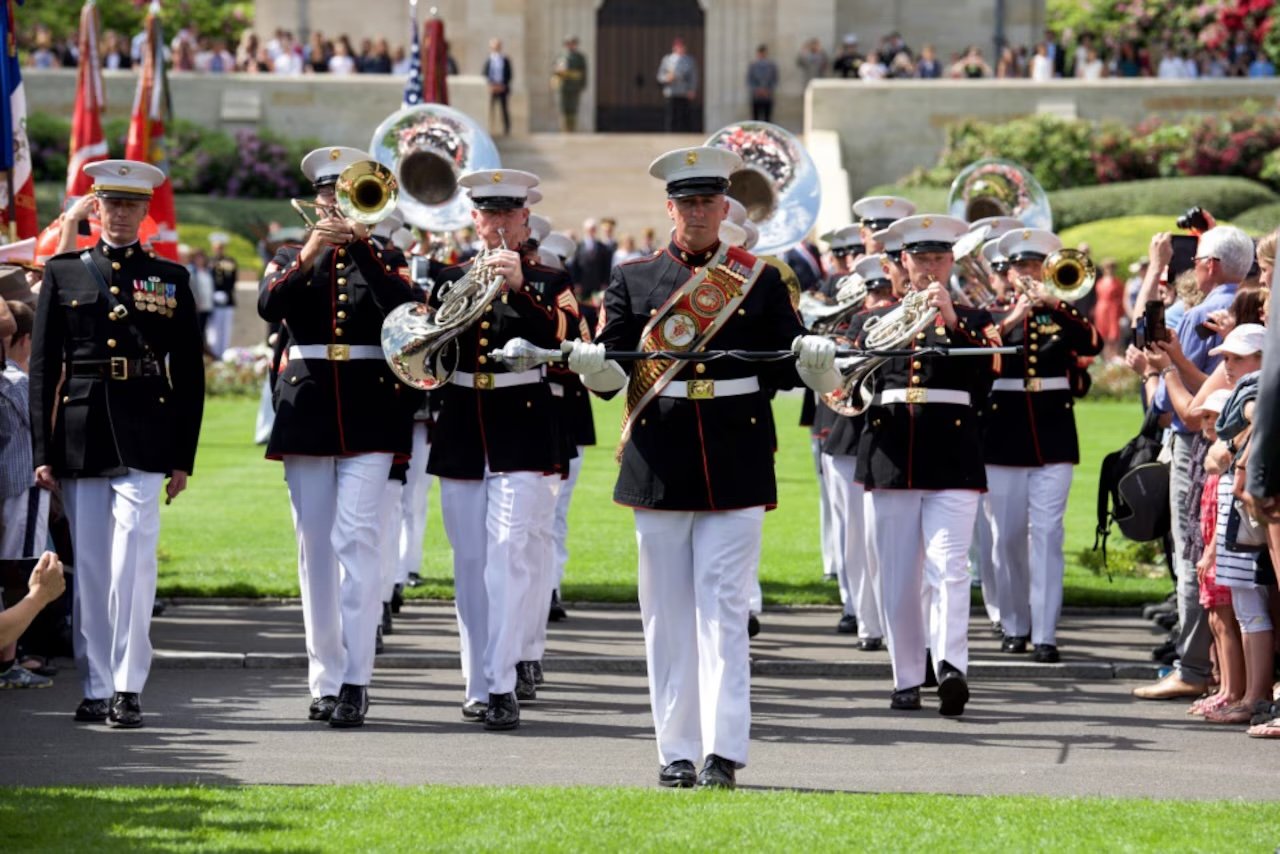
Honoring Service Through Jazz
– Training the U.S. Army Bands
A Distinguished Honor: Training the U.S. Army in Jazz Performance
In a unique and prestigious opportunity, I was invited by the Department of Defense to serve as a trainer for U.S. Army bands through the U.S. Army Training and Doctrine Command Band (TRADOC) at Fort Eustis, VA.
This program focused on advancing the jazz proficiency of Army musicians, blending education, performance, and mentorship to honor the military's musical tradition.
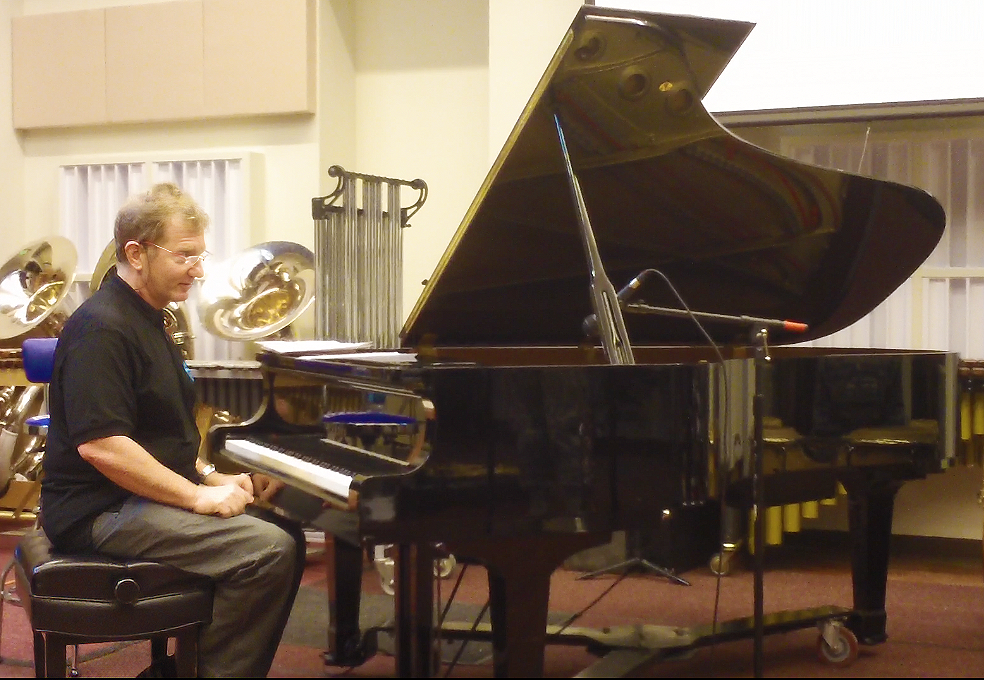
Seminars, Master Classes, and Performances
During my time as a trainer, I conducted:
Seminars on jazz theory, improvisation, and ensemble dynamics.
Master Classes for instrumentalists, exploring advanced techniques.
Individual Lessons tailored to Army musicians' needs.
Live Performances that demonstrated jazz's energy and collaborative spirit.
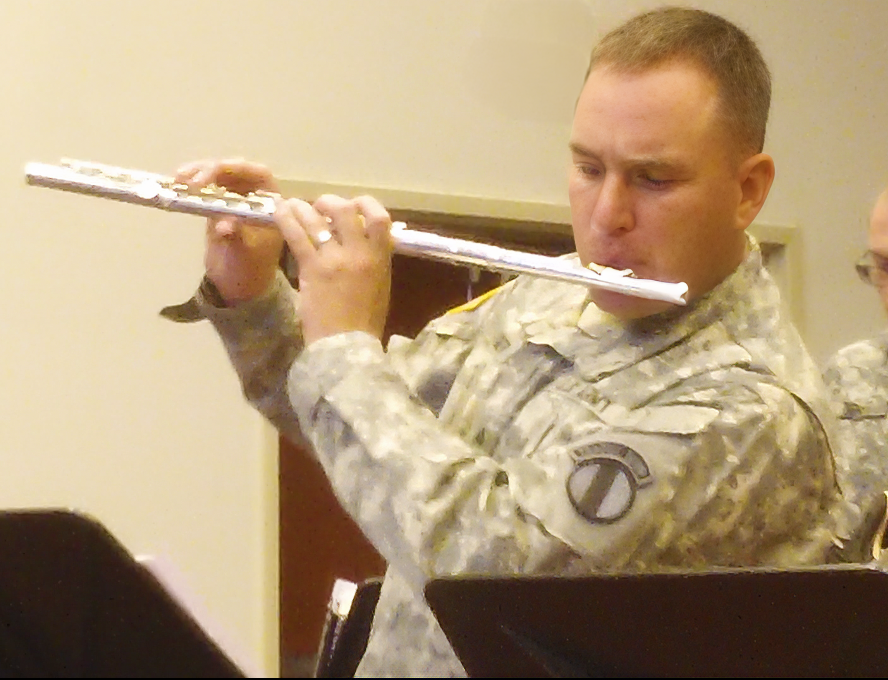
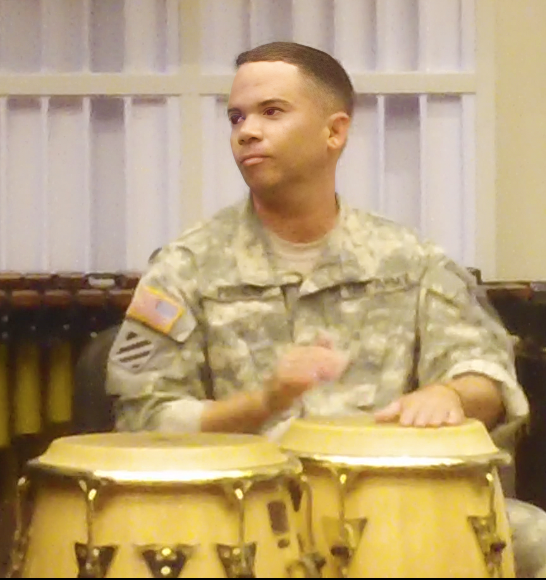
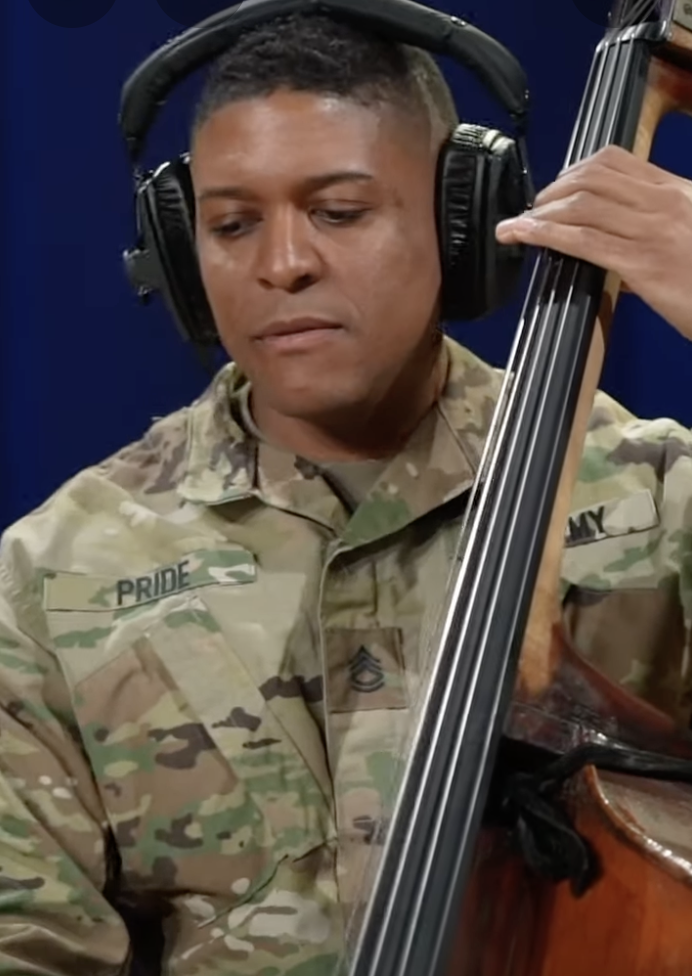
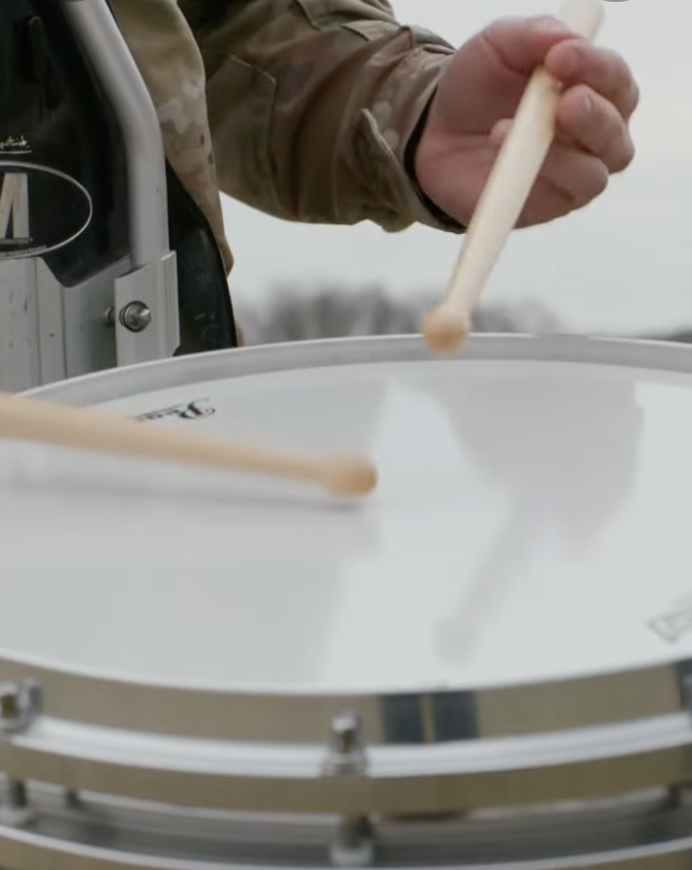
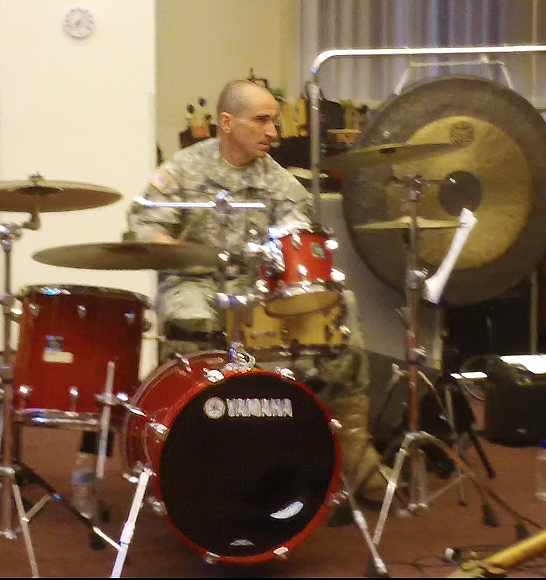
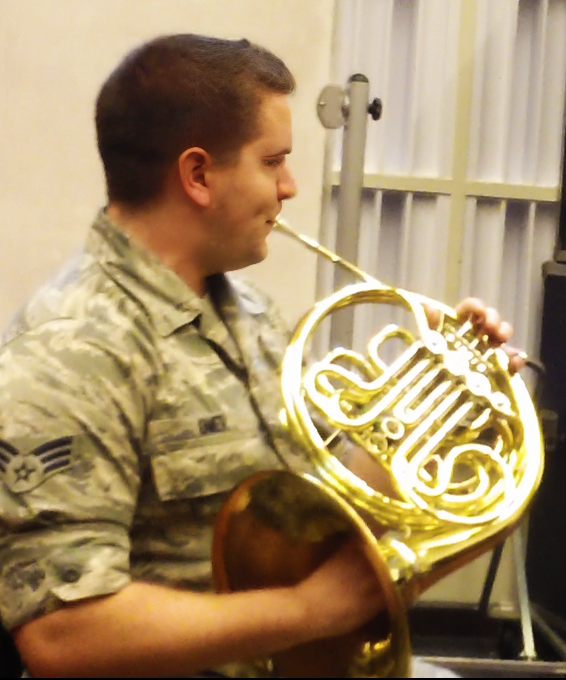
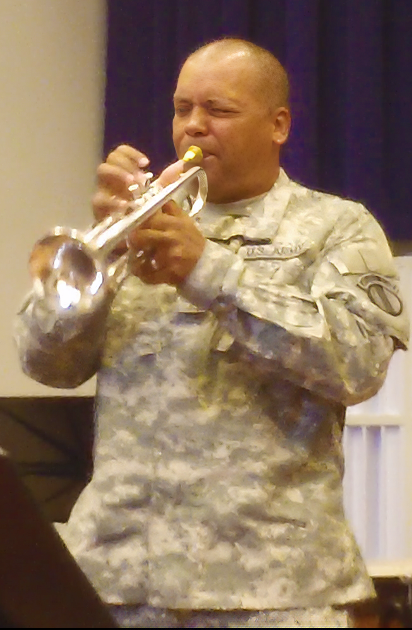
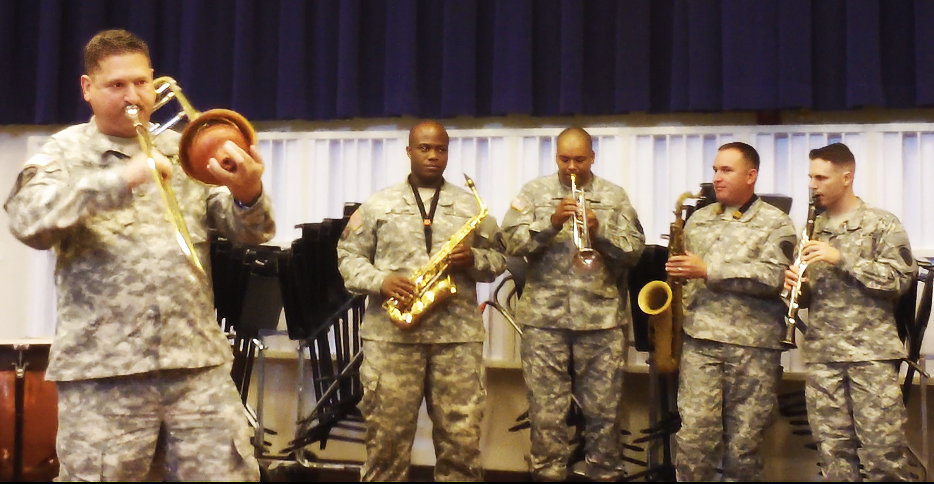
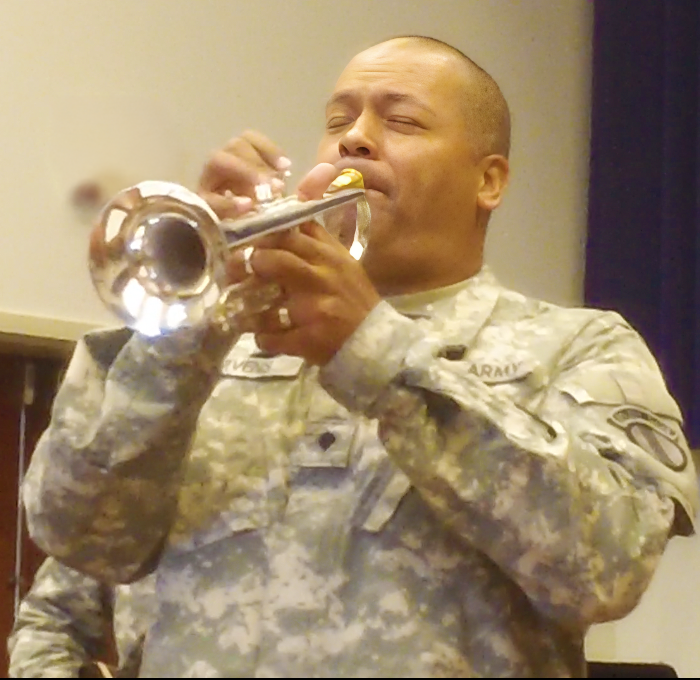
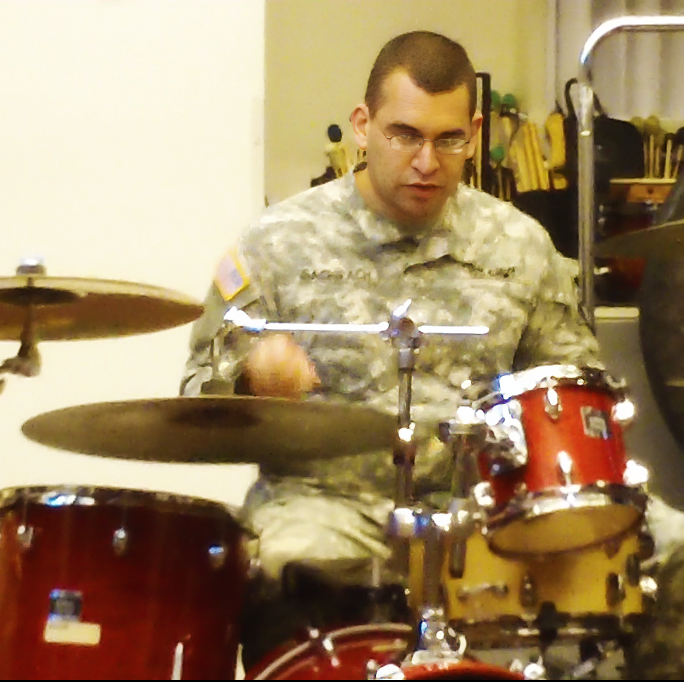
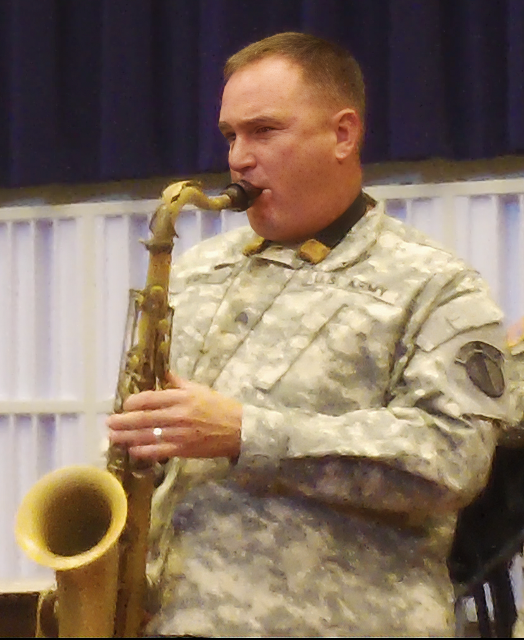
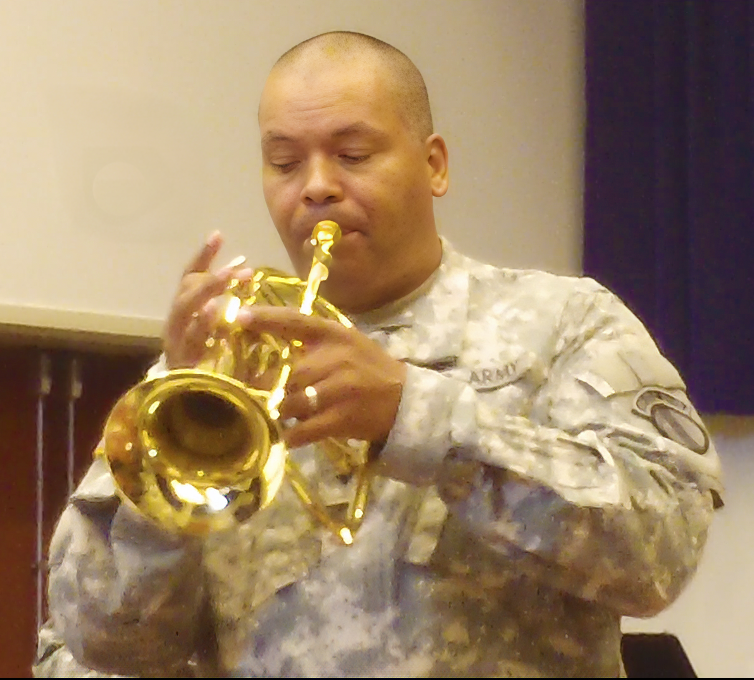
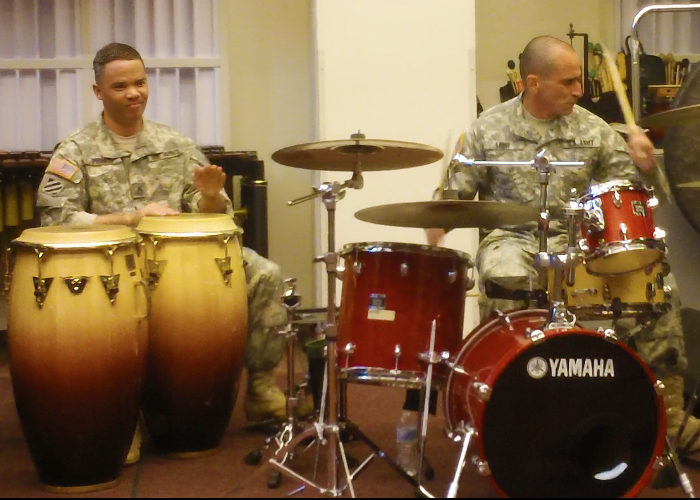
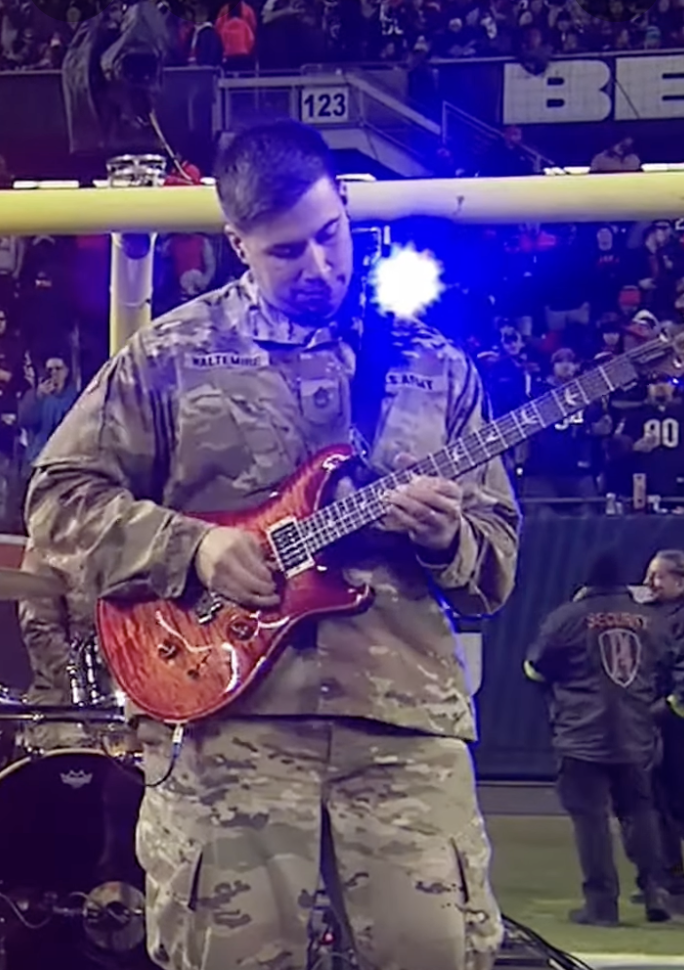
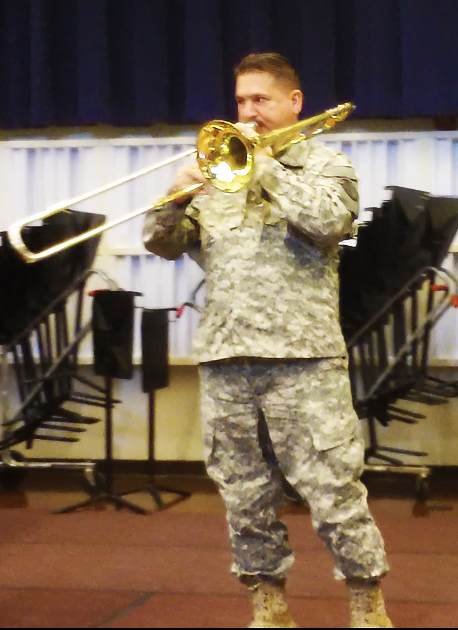
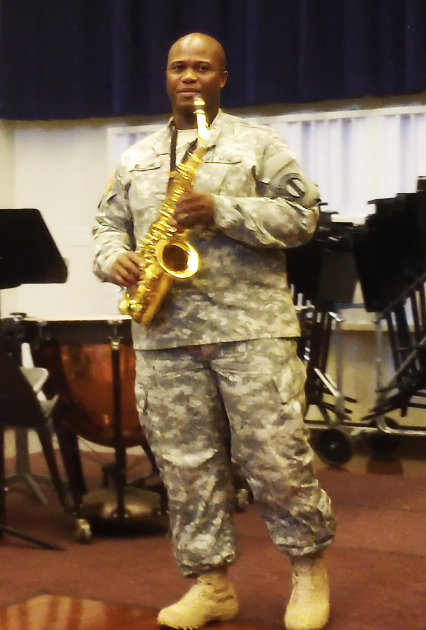
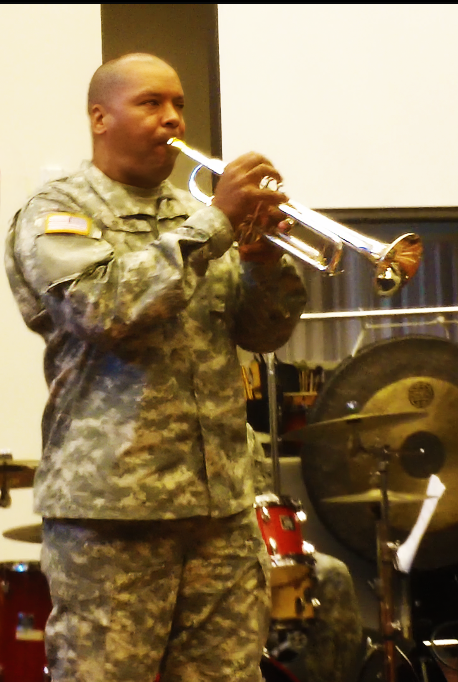
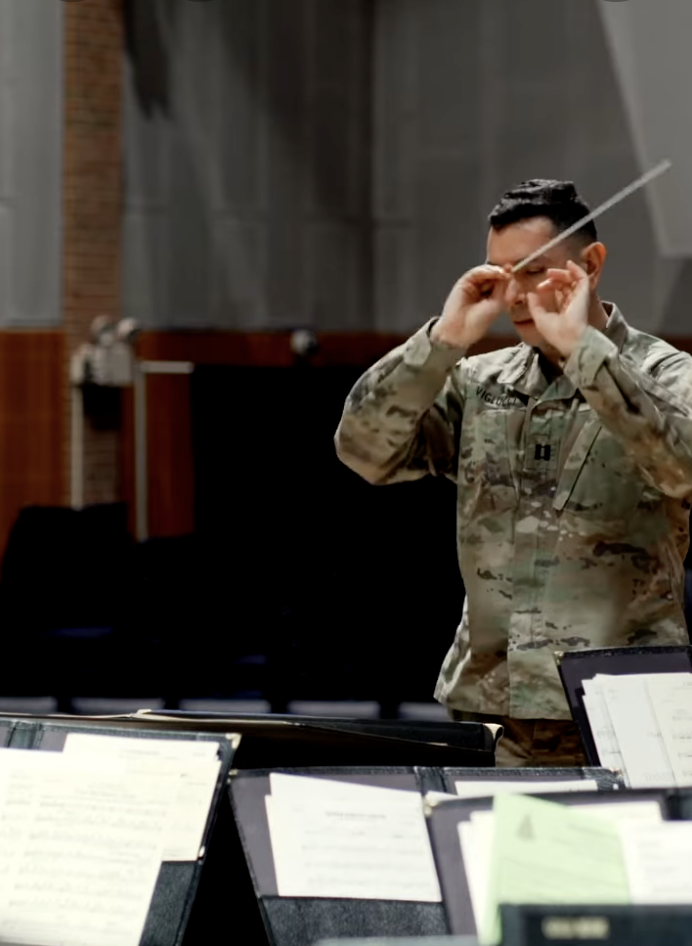
Moments That Matter: Jazz with the U.S. Army Bands
Experience the highlights of my time with the U.S. Army Bands, where collaboration, creativity, and the universal language of jazz came together. This video captures powerful moments from performances, showcasing the energy and dedication of these talented musicians.
Join me on this journey of teaching, improvising, and building connections through the art of jazz.
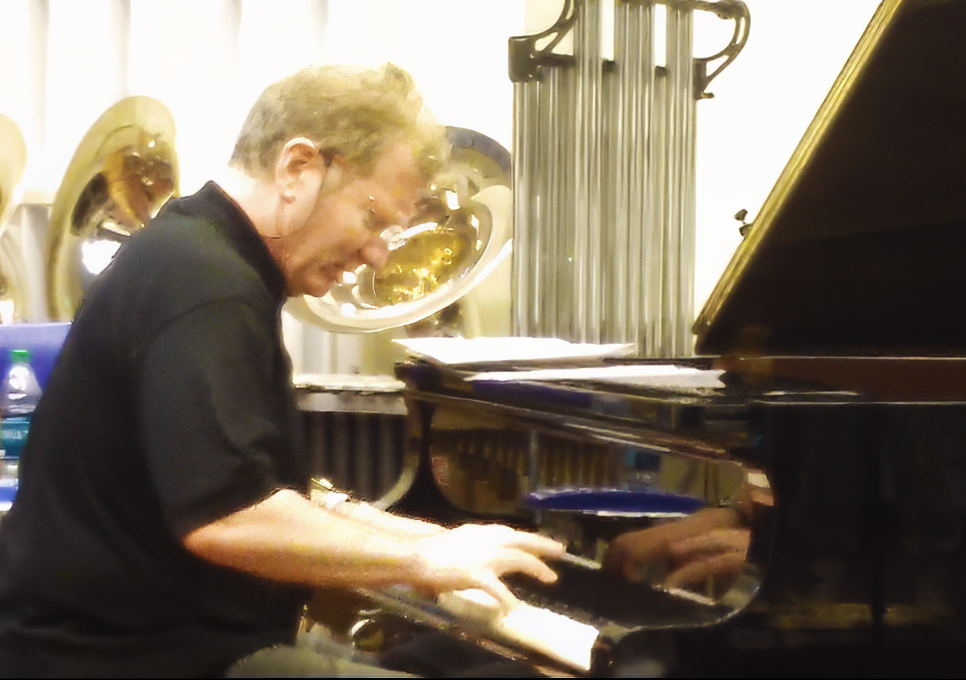
Certificate of Excellence
As a testament to this impactful experience, I received a Certificate of Appreciation from the U.S. Army Training and Doctrine Command Band. This honor reflects the success of the program and the value it brought to the Army's musical community.

Jazz: A Powerful Cultural Export
My time with the U.S. Army Bands wasn’t just about teaching notes and rhythms—it was about sharing the extraordinary freedom and innovation at the heart of jazz. In a conversation with the commanding general, we explored how jazz, as an American art form, is a powerful cultural export. It represents democracy, creativity, and the ability to express individuality, making it an unparalleled tool for fostering global connections.
Jazz resonates deeply as an American contribution to global culture, crossing borders and inspiring unity. As I performed and taught, I was reminded that jazz is a universal language—a way to communicate and connect with people from all walks of life.
Conversations on Art, Democracy, and Cultural Diplomacy
General MacCarley, a proud trombone player, often spoke about the importance of music as a universal language and a symbol of democracy.
I had the privilege of engaging in thought-provoking conversations with Major General Mark MacCarley, who served as advisor and Deputy JCS - Joint Chiefs of Staff (Advisory board providing professional military advice to the secretary of defense and the president). His leadership focused on shaping the Army’s approach to training, recruiting, and innovation to meet evolving national security challenges. One of the most memorable aspects of our conversations was General MacCarley’s deep appreciation for music. A trombone player himself, he often shared how playing music was one of his greatest ambitions. He spoke passionately about the parallels between the discipline of military service and the artistry of music, emphasizing how both require teamwork, creativity, and a shared vision to achieve excellence.
Jazz as an Art Form: A Metaphor for Democracy
In our discussions, we likened jazz to democracy itself—a system that thrives on collaboration, innovation, and individual expression. General MacCarley saw jazz as a unique embodiment of these values, pointing out how its improvisational nature teaches musicians to adapt and build something greater through shared effort. He also believed that programs like the U.S. Army Bands’ use of jazz demonstrate the power of cultural initiatives to represent the ideals of freedom and creativity inherent in a democratic society. Jazz, he said, communicates these values far more effectively than words, serving as a universal language of connection.
The Role of Jazz in Cultural Diplomacy
Our conversations aligned with my work as a Fulbright Senior Specialist, where I used jazz to foster mutual understanding and collaboration across borders. General MacCarley highlighted how the U.S. Army Bands act as cultural ambassadors, showing the world the strength and resilience of democracy through music. For him, the ability to connect through music—whether playing trombone or leading a global conversation—was a profound way to strengthen partnerships and inspire unity. Together, we emphasized the critical role art plays in diplomacy, not only as a means to connect with other nations but also as a way to champion the democratic values we hold dear.
“Playing music was one of my greatest ambitions. It taught me the value of collaboration and creativity—ideals that resonate deeply in both democracy and jazz.”
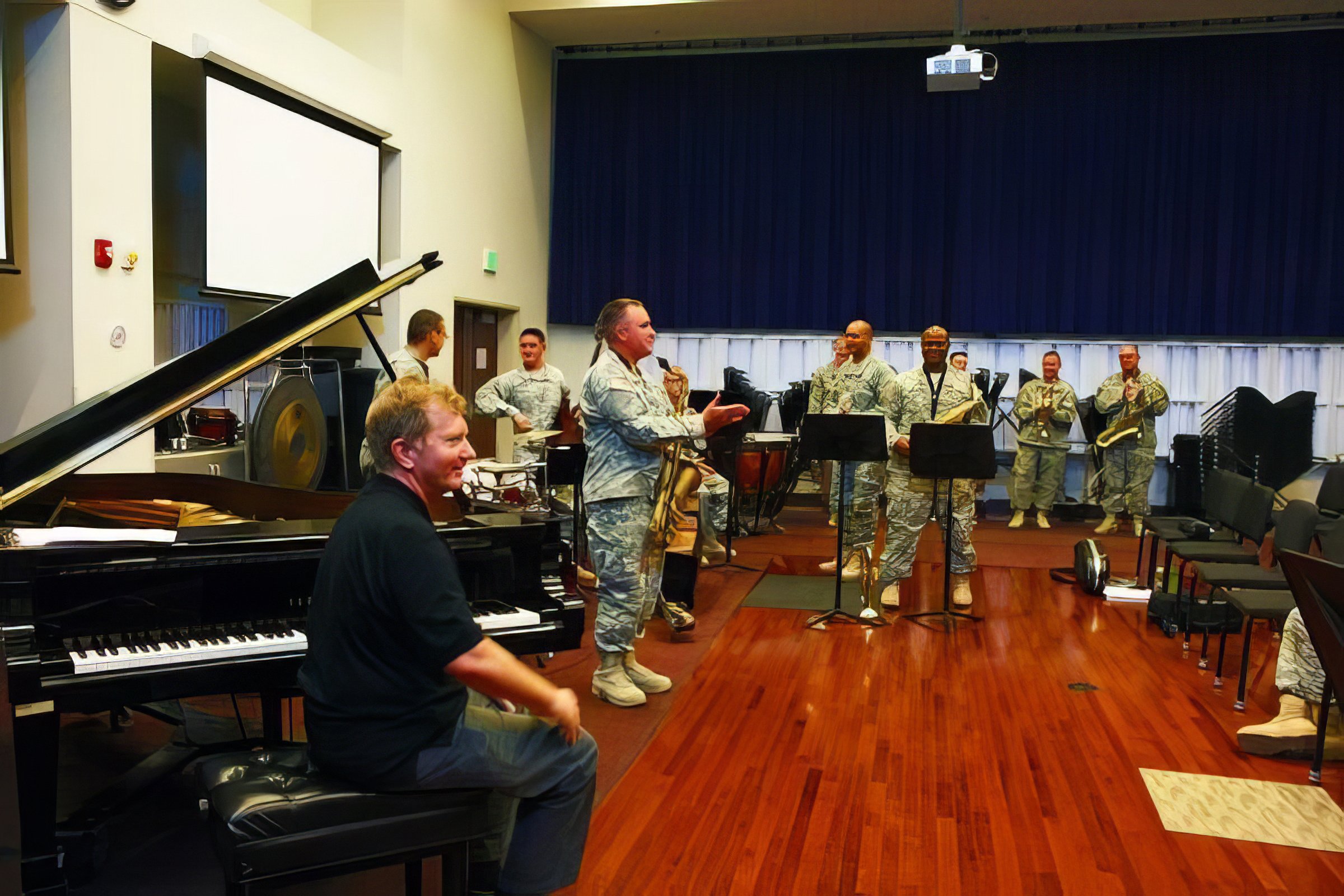
Feedback from the Field
Working with U.S. Army bands was a profound experience.
Here’s what participants and colleagues shared about the program
“A transformative program that brought new depth to our jazz performances.
Hank’s insights and passion for jazz truly inspired our musicians.”
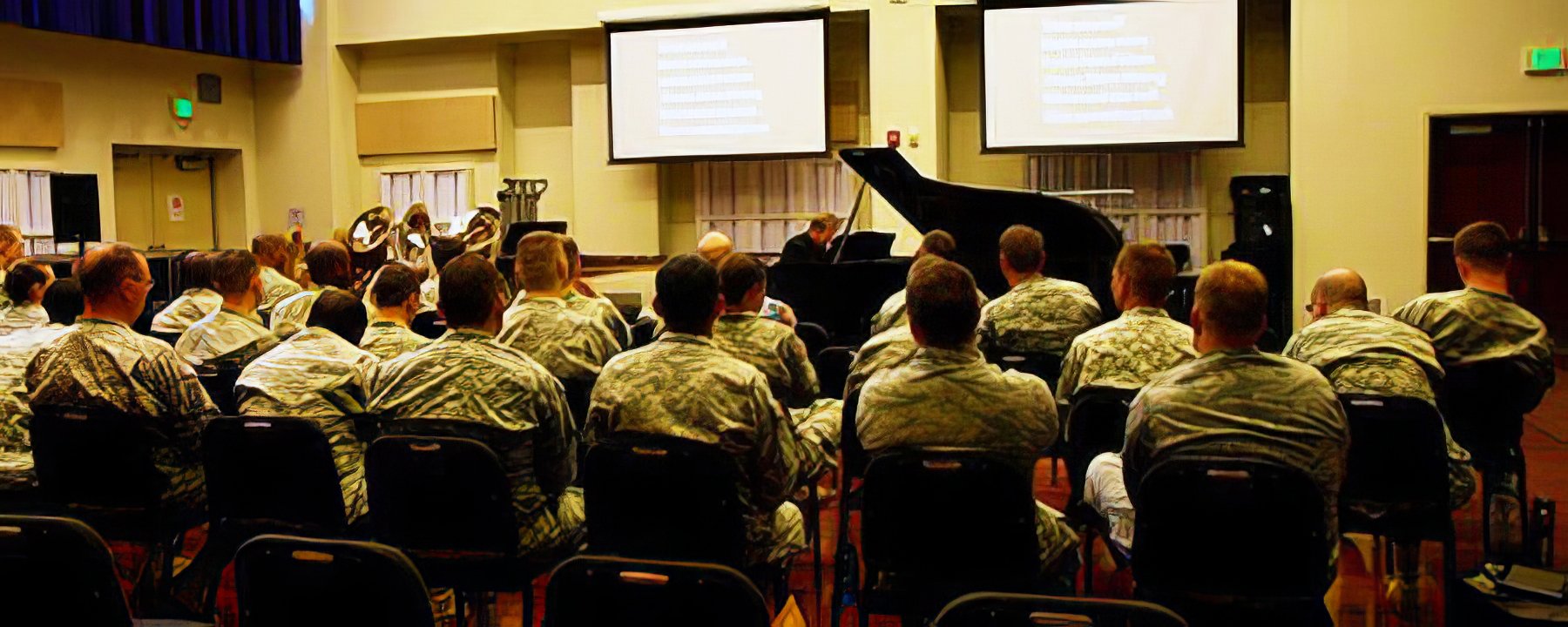
Learn More or Connect
Interested in similar training programs or learning about my jazz education initiatives?
Contact me for collaborations, inquiries, or future opportunities.
